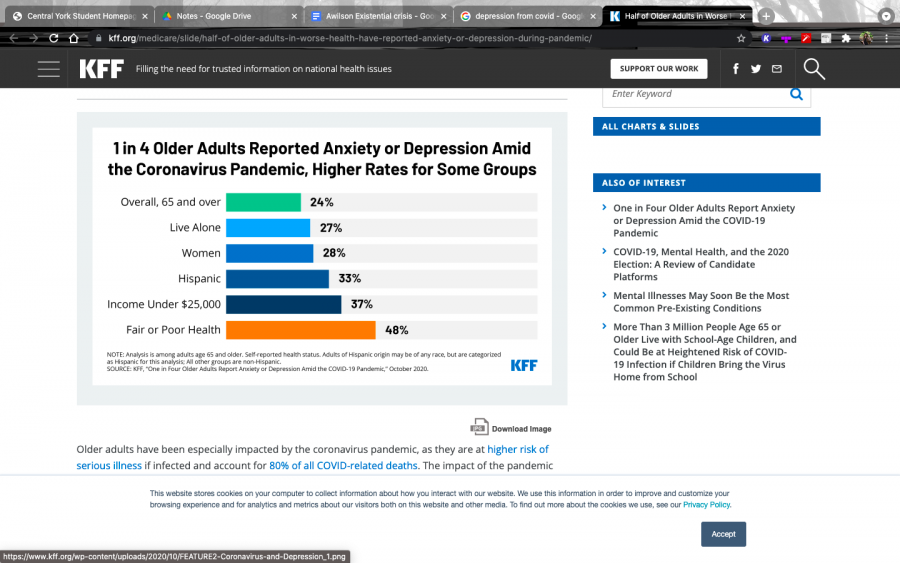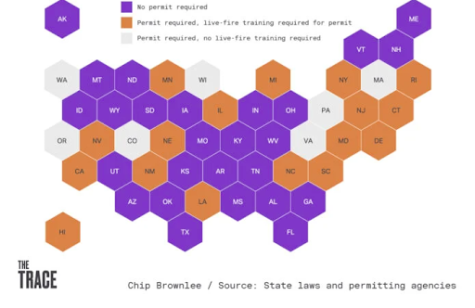COVID-19 is a time for existential growth
October 13, 2021
An existential crisis refers to the questions humans have about their purpose in life, while wondering if any of it matters, and it can often lead to scary ideas about existence and death. These feelings can be caused for a number of different reasons, one of them being sudden changes in the world.
“This is similar to a big life change, but an unexpected turn is an unplanned change that happens suddenly without expecting it. For example, we are fired from the job we thought we were making so much progress at, or our life plans are put on hold due to an inevitable cause (COVID-19 pandemic is a big one that comes to mind),” said Alexia Roncero, a clinical psychologist specializing in Systemic Therapy.
People build foundations with their work, and take comfort in the fact that they are in control. This foundation crumbled when COVID-19 hit and everyone had to remain home for the safety of themselves and others. This alone has caused an increase in mental health problems. According to a KFF health tracking poll only 11% of adults in January 2019 experienced anxiety/depressive disorders, compared to adults in January 2021 with 41.1%.
An existential crisis is often caused by lots of depression and anxiety, leading to questions about life. As changes are being made to bring society back to a new normal, existential anxiety might have actually become worse. Dr Sarb Johal, a clinical psychologist, believes that the government gave the people a structure with restrictions.
“During lockdown, the structures provided by the government gave us some sense of certainty, at least in New Zealand and phrases like “the team of five million” helped people band together. Research shows that connecting, especially through recollective action, can mitigate the impact of disasters on our mental health and sense of agency,” Johal said.
However, this virus was not all bad. In some ways, COVID-19 helped society realize what they truly value in their lives. Existential crisis, if handled correctly, can lead people to discover a deeper meaning of life. Appreciating each day, and making sure to not take it for granted. Experiencing questions of uncertainty can help to find answers.
“Because of this, each of us must find a way to “life with” this anxiety rather than try to eliminate it. Experiencing an existential crisis can also be positive; it can guide you to question your purpose in life and help provide direction,” said Johal.







![“She [Walker] was the biggest advocate for any student,” said Basile.](https://mundismillmedia.com/wp-content/uploads/2023/05/Colorful-Watercolor-Note-Paper-with-Brush-Stroke-A4-Document-336x475.png)



